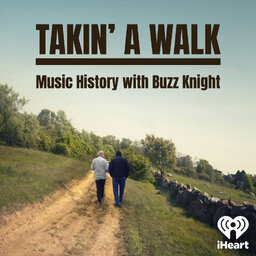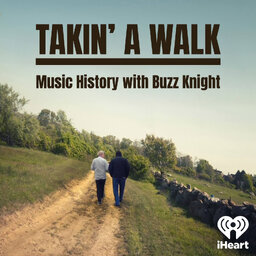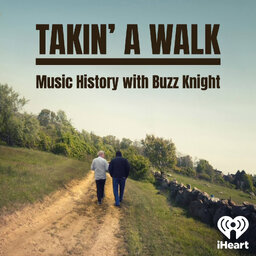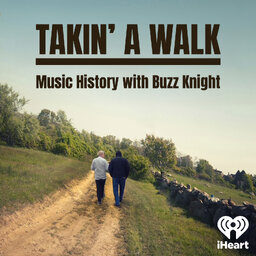"Songs of Life and Loss with Beth Nielsen Chapman"-Inspiring Music Interview
Join @thebuzzknight for this episode with singer-songwriter Beth Nielsen Chapman. Known for her deeply emotional and healing music, Beth shares insights in this musician storytelling podcast about her creative process and how her personal experiences of love, loss and resilience have shaped her work. With a career marked by triumphs and challenges, including overcoming a brain tumor and navigating personal grief, Beth discusses the transformative power of music and creativity in her life.
For questions or comments write buzz@buzzknightmedia.com
Connect with Buzz on Twitter @TheBuzzKnight and Instagram @takinawalkpodcast.
Like this show? Share with your friends and leave us a review here. Review
In 1 playlist(s)
Takin' A Walk - Music History with Buzz Knight
On the Takin’ A Walk-Music History Podcast, Buzz Knight goes deep with American music’s most iconic …Social links
Follow podcast
Recent clips

Takin' a Walk with Buzz Knight: Celebrating 20 Years of Band of Heathens and Their New Album 'Country Sides'
31:18

Buzz Knight and Jake Sumner Discuss Ron Delsener's Impact on Rock Music History and the new documentary "Ron Delsener Presents"
42:25

Discover How Walking Inspires Songwriting with Buzz Knight and Boy Golden: A Deep Dive into Indie Music Stories!
25:10
 Takin' A Walk - Music History with Buzz Knight
Takin' A Walk - Music History with Buzz Knight